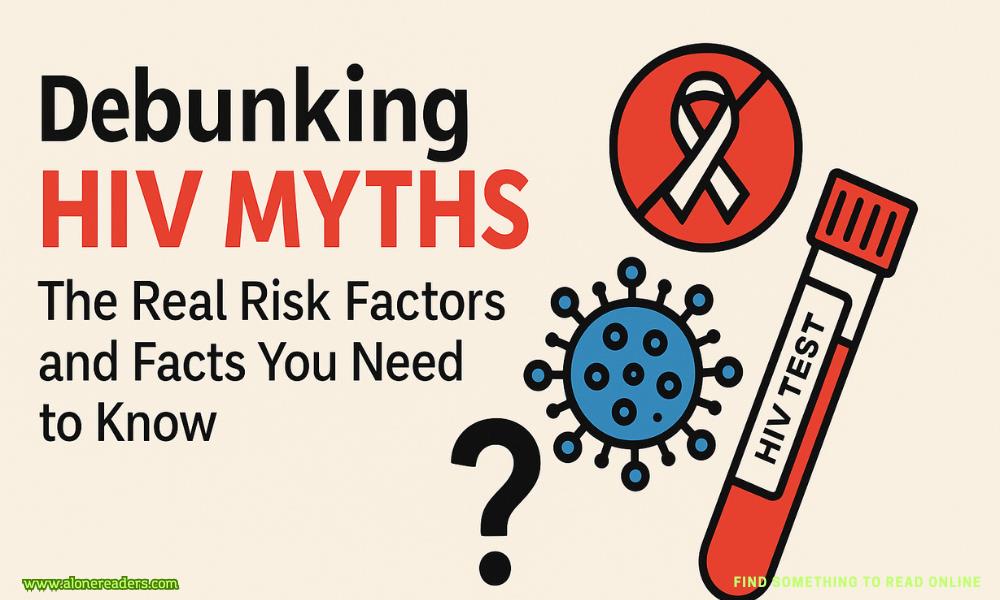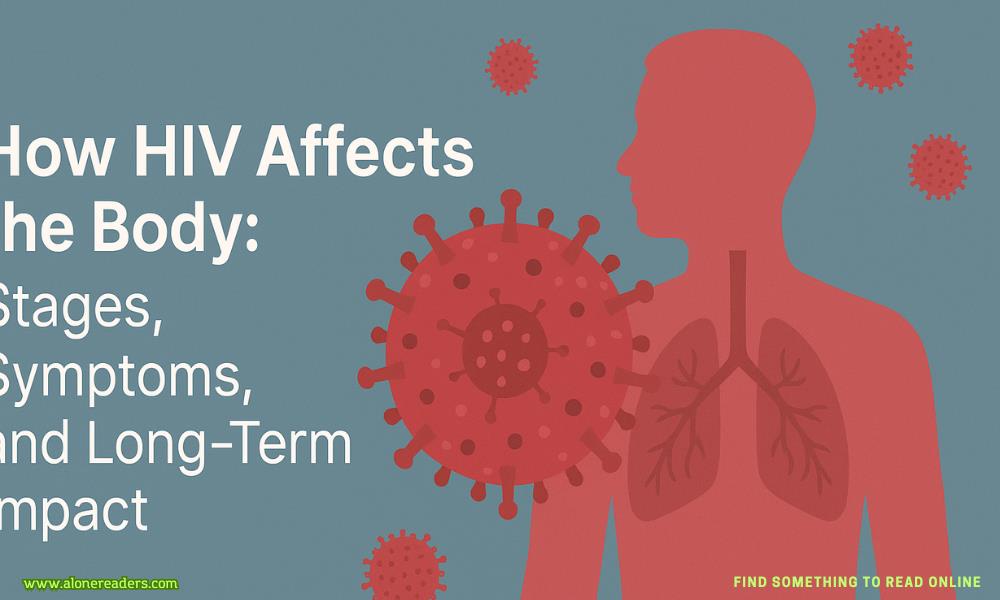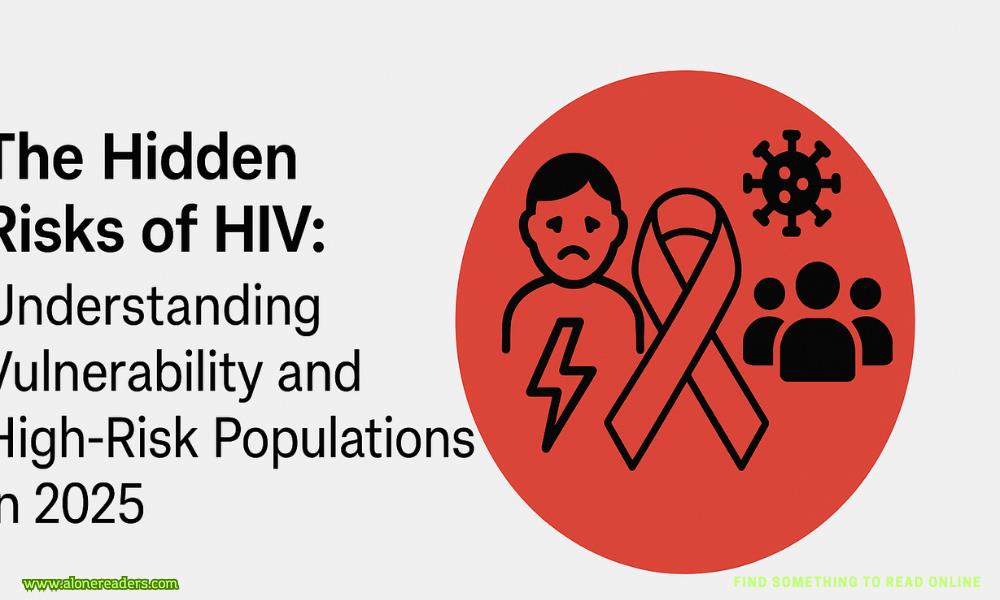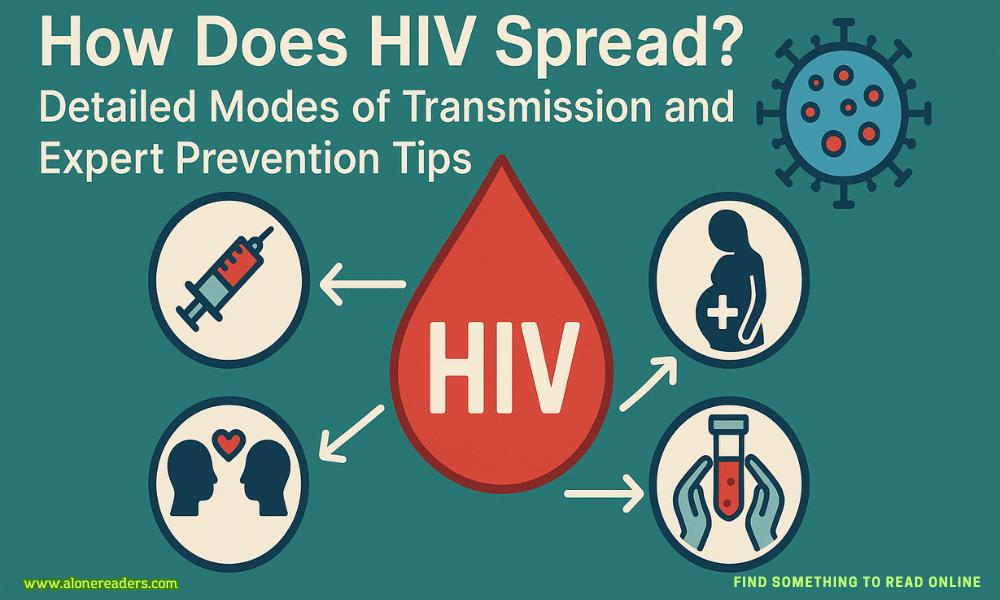Page 6 of Heartbreak Hill
Luther led Reid back to where Sydney and Gilbert sat. He shook Gilbert’s hand and offered a kind smile to Sydney.
“What do we know?” he asked as he sat down.
“We’re waiting.” Sydney wiped at her tears. Neither she nor Reid had been able to stop crying.
“Well, no news is good news. Have you eaten?” Luther asked.
Reid and Sydney said they weren’t hungry.
“Coffee it is.” Luther stood, with Gilbert following.
Reid stood and began pacing again. Sydney begged her to sit down, but she couldn’t. There was a level of unease festering beneath the surface, and Reid knew if they didn’t hear something soon, she was going to lose her shit.
“It’s taking too long,” she said to Sydney. “Whatever this is ... something’s wrong.” Reid walked toward the nurses’ station, paused, and then walked back. She did this until her father and Gilbert returned with paper cups filled with stale coffee. She didn’t care because she needed something to keep her wits about her.
“This tastes horrible,” she said as she brought the cup to her lips again.
“The worse it tastes, the more kick you’ll get.” Her father laughed and drank. “Come on, come sit. Pacing isn’t going to help any of us right now.”
She let her father lead her back to the pleather and fabric chairs. As she stared around the room, she thought it wasn’t only the waiting game that made people restless; it was the fact that the seats in the waiting room were the most uncomfortable things possible. Others slouched, their bodies contorted in unnatural positions, and one sat on the floor and used the seat as a pillow.
“You’d think the hospital could provide a better place for people who have to sit here and wait to find out if their loved one is okay,” Reid said in disgust. “Imagine how much money the CEO or whatever makes. Whoever they are is probably living in the lap of luxury in Georgetown or Potomac.”
“You know they are,” Gilbert agreed.
Reid stood and had started toward the coffee station to refill her cup when a doctor strode toward the waiting area. She froze, thinking this was it—this was the news they’d waited hours for. The man stood on the cusp of the room and looked at the file in his hand. Reid’s eyes studied Sydney.
“I’m looking for Grayson Caballero’s family.”
“That’s me,” Sydney said as she stood up. “That’s us.” Gilbert followed and Reid stepped forward. She wasn’t his family, at least not in the sense of the meaning according to the hospital.
“I’m Dr. Wynn, the cardiologist on staff. You must be Sydney?”
She nodded.
“If you’ll follow me.”
Everyone took a step forward, but the doctor shook his head. “Family only.”
Reid opened her mouth to protest but quickly shut it.
“She’s family,” Sydney said. “Everyone here is.”
The doctor nodded and motioned for them to follow him. They went down the hall to the bank of elevators, stepped in, and rode to the intensive care unit. When they stepped off, the mood was vastly different from what they’d experienced downstairs. It was quiet, subdued. Reid had the need to whisper and tiptoe along the white linoleum floor. The doctor showed them to the waiting room, which held a bit more appeal than the one in the emergency room. The wood floor had a tiled pattern, and the couches looked big enough for someone to lie down on. Still, it was the quiet that unnerved Reid. She wanted noise and action. She wanted to see that nurses and doctors were working. On this floor, it was anyone’s guess.
They went into a small room that had an equally small round table with three chairs around it. Sydney and Gilbert sat, as expected. Reid leaned against the wall, while her father stayed in the doorway.
“Let me start by saying Grayson’s alive and in intensive care. When he came in earlier this afternoon, we evaluated him and determined he had unstable angina. We began treatment and conducted an echocardiogram. It was then we saw a tiny hole in the wall that separates the two upper chambers of his heart. Immediately, we took him in for surgery. It was at that time I made the diagnosis that Grayson suffers from a sinus venosus defect, which is a rare type of atrial septal defect. This was likely present at birth and can often go undiagnosed unless the patient presents with some symptoms. This abnormality is considereda congenital heart defect, which, left untreated, brings us to right now. Unfortunately, when I went to repair the hole, I discovered his heart is very weak. I’ve done what I can at the moment. Grayson is on extracorporeal membrane oxygenation—ECMO is the term we use. It’s a bridge until Grayson can receive a heart transplant.”
The collective gasp echoed in the room. Followed by a gut-wrenching sob from Sydney. Tears that Reid thought had dried up were back in a rush. Her father was by her side as the first sob took over. They embraced until Reid went to Sydney and hugged her tightly. The two stayed like that until Gilbert asked, “Can we see him?”
“You can. We have a two-person limit in his room. You’ll need to wear a protective gown while you’re there. He’s heavily sedated and may slip in and out of consciousness, but it’s unlikely he’ll be coherent. This is for his safety and well-being. The charge nurse will come in and give you more information on how the ICU works here and where other family members can wait.”
“What’s next?” Gilbert asked as he held on to Sydney, who wept quietly.
“From this point, it’s a waiting game. My staff is working now to move him up the list. That’s the best we can do at the moment. I am consulting with my peers on possible treatments, but short of a miracle, Grayson needs a new heart.” Dr. Wynn closed his folder. “I wish I had better news for you.” He stood, put his hand on Sydney’s shoulder for a brief moment, and left without another word.
No one knew what to say. Should Reid comfort Sydney? Tell her how sorry she was? Was there protocol for something like this? Knowing she might never speak to Grayson again felt like she had a wheelbarrow full of bricks on her chest. Reid was afraid to breathe out of fear the weight would become even more unbearable.
- Bought & Bred By the Bratva by Imani Jay
- Bratva Daddies for the Single Mom by Lisa Cullen
- Trapped By the Bratva by Ava Gray
- Freak by Vivian Mae
- Her Dom's Secret Past by Suzy Shearer
- Honey Trapped by Glenna Maynard
- Crossed Wires: The Complete Series by Mari Carr
- Bound By the Bratva by Ariana Cooper
- A Cage of Magic and Darkness by Marissa Farrar
- Enjoying the Ride by Cassandra Dee
- The Spring in My Heart by J.L. Lora
- Shattered Promise by Penelope Black
- Blood Queen by K. Larsen
- All of You by K. Larsen
- Tangled Souls by Ember Davis
- Obsessive Love by Aubry J.







